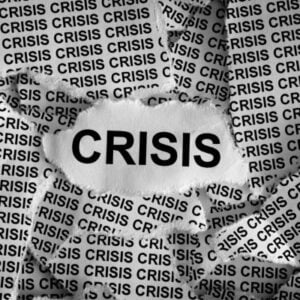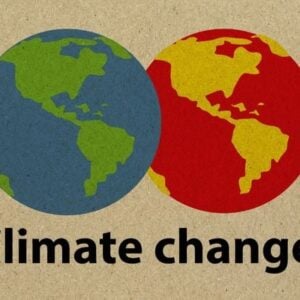Across Africa, climate change is reshaping the conditions for farming communities, increasing the frequency and severity of climate-related shocks. The FAO Regional Office for Africa Resilience Team supports countries by providing strategic and technical assistance to strengthen emergency response and resilience programming, helping communities better withstand and manage these climate-induced risks.
In Ghana’s northern regions, prolonged dry spells, erratic rainfall, and other extreme weather events have severely threatened food security and livelihoods. A severe dry spell in mid-2024, lasting from mid-July to mid-August, caused devastating crop losses in the Upper East and Savannah Regions, where rainfed agriculture dominates and irrigation infrastructure is limited. Over two million people rely on these areas for food production, making the impacts of such climate events particularly acute.
Women, who comprise a large portion of the agricultural workforce, are especially vulnerable due to limited access to small-scale irrigation tools and other resources. Many are forced into labor-intensive water collection during dry periods, which limits their ability to diversify crops and secure stable incomes. Addressing these inequalities is essential for building climate resilience in the region.
To tackle these challenges, FAO is collaborating with the Government of Ghana and key partners to strengthen early warning systems and anticipatory action mechanisms, shifting the approach from reactive disaster response to proactive risk mitigation. Funded by the governments of Norway and Canada, two new projects focus on the hardest-hit districts: Sawla Tuna Kalba, Central Gonja, Kasena Nankana West, and Builsa South. These initiatives aim to enhance climate-resilient livelihoods and integrated environmental practices.
The FAO Resilience Team provides technical assistance, facilitates stakeholder consultations, and shares best practices from across Africa. In 2024, FAO supported the development of 16 anticipatory action protocols, linking early warnings to actionable measures, with a total value of USD 8 million. This engagement ensures that Ghana’s early warning strategies align with continental priorities and leverage successful approaches from other countries facing similar climate threats.
Planned activities include improving community-based early warning systems, training residents to interpret warning signals, and establishing gender-inclusive early action committees to ensure resilience planning reflects the needs of all community members. By equipping communities with timely information, rapid response capabilities, and necessary resources, FAO and its partners aim to create a sustainable safety net against future climate shocks.
Ghana’s approach exemplifies FAO’s broader commitment to building resilient agrifood systems across Africa. Integrating local knowledge with regional expertise provides valuable lessons that can be applied in other African countries. With climate threats expected to intensify, such initiatives are critical investments in food security and the future of rural communities.







